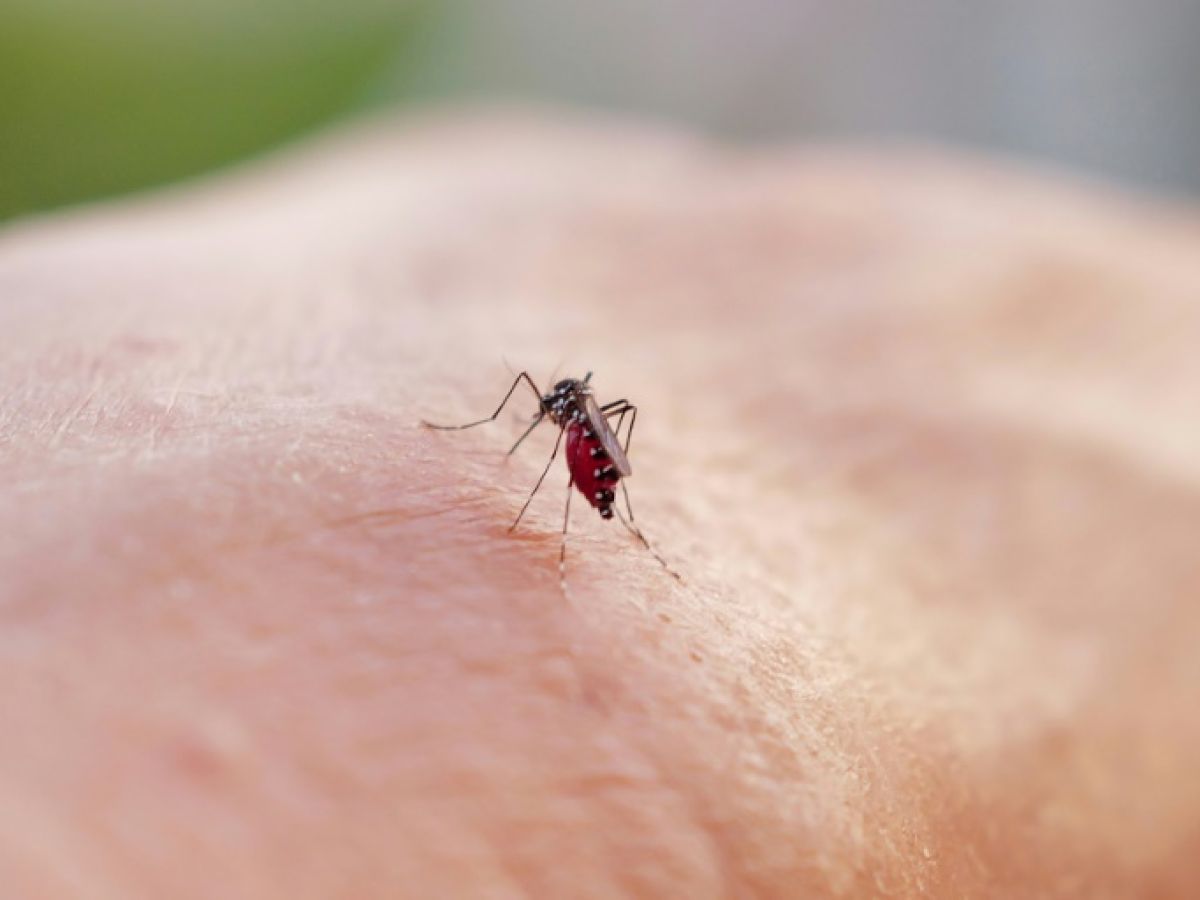Faced with the unprecedented rise in infections this summer in mainland France by chikungunya and to a lesser extent by dengue, health authorities called on Wednesday for continued vigilance because "the season is not over" for the mosquitoes that carry these diseases.
As of September 15, around 480 locally acquired cases of chikungunya have been identified in metropolitan France, according to the weekly report from the health agency, compared to 382 the previous week.
Although several episodes are now closed, the summer of 2025 is of unprecedented scale in metropolitan France for indigenous cases of chikungunya, whose virus is transmitted from one human to another via tiger mosquito bites and causes fevers and joint pain.
"Several clusters have more than 20 and even 50 cases (Fréjus, Antibes and Bergerac)," and there are also sometimes secondary clusters (due to a chain of transmission initiated by an autochthonous case from another cluster), noted Public Health France.
This summer, the large number of chikungunya outbreaks in mainland France and their early occurrence are partly linked to the major epidemic that struck Reunion Island and the Indian Ocean region and encouraged the arrival of imported cases, which then facilitated contamination in mainland France.
The spread of chikungunya also takes place in a context where the tiger mosquito, which was absent from mainland France a few decades ago, is now established in 81 departments, against a backdrop of global warming.
Also transmitted by the tiger mosquito, dengue still totals 21 cases - no new ones recorded in the past week - without reaching the 2024 record (66 cases).
To "limit the risk of these viruses circulating between territories, special attention is requested for travellers to the Antilles and French Guiana, territories less affected by chikungunya but where mosquitoes that carry this disease are present all year round," warned the health crisis centre of the Ministry of Health and Public Health France in a joint statement.
Another disease under increased surveillance: West Nile fever, transmitted by the Culex mosquito, has 32 locally acquired cases as of mid-September – nine new cases in one week.
In this “unprecedented context in metropolitan France”, health authorities have therefore called for “maintaining a high level of individual and collective vigilance” against bites and against the proliferation of mosquitoes.

